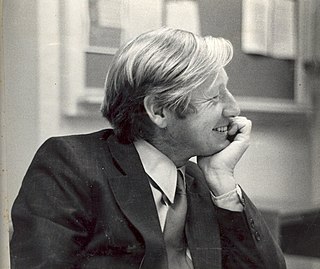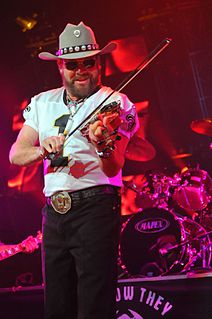A Quote by Melissa Fay Greene
There's a culture in orphanages that children are eager to escape from, and it's a culture of being reared as a group and not being doted upon by parents. For any child, that's the bottom line. The fact is that a human child wants that mommy or daddy or both.
Related Quotes
You often hear attacks on international adoption as robbing a child of his or her culture, and that's both true and false. It's true that an internationally adopted child loses the rich background of history and religion and culture and language that the child was born into, but the cruel fact is that most children don't have access to the local, beautiful culture within an orphanage.
If they learn easily, they are penalized for being bored when they have nothing to do; if they excel in some outstanding way, they are penalized as being conspicuously better than the peer group. The culture tries to make the child with a gift into a one-sided person, to penalize him at every turn, to cause him trouble in making friends and to create conditions conducive to the development of a neurosis. Neither teachers, the parents of other children, nor the child peers will tolerate a Wunderkind.
Please don't kill the child. I want the child. Please give me the child. I am willing to accept any child who would be aborted, and to give that child to a married couple who will love the child, and be loved by the child. From our children's home in Calcutta alone, we have saved over 3,000 children from abortions. These children have brought such love and joy to their adopting parents, and have grown up so full of love and joy!
A child is not a Christian child, not a Muslim child, but a child of Christian parents or a child of Muslim parents. This latter nomenclature, by the way, would be an excellent piece of consciousness-raising for the children themselves. A child who is told she is a 'child of Muslim parents' will immediately realize that religion is something for her to choose -or reject- when she becomes old enough to do so.
Actually, on a slightly more serious but kind of parallel level, I remember being on Loveline before both hosts ascended into loftier places in the culture. But I remember being shocked by Dr. Drew. He went into this extended monologue about how anyone with a baby voice is probably the victim of child abuse or has some daddy issue. As an intellectually curious person, all I could think is that there isn't any clinical evidence about that. But to be the guy wearing the doctor's hat on the radio and teaching everybody about this? It just seemed like a parody of good advice.
Friends serve central functions for children that parents do not, and they play a critical role in shaping children's social skills and their sense of identity. . . . The difference between a child with close friendships and a child who wants to make friends but is unable to can be the difference between a child who is happy and a child who is distressed in one large area of life.
Nobody would seriously describe a tiny child as a Marxist child or an Anarchist child or a Post-modernist child. Yet children are routinely labelled with the religion of their parents. We need to encourage people to think carefully before labelling any child too young to know their own opinions and our adverts will help to do that.
Harry's status as orphan gives him a freedom other children can only dream about (guiltily, of course). No child wants to lose their parents, yet the idea of being removed from the expectations of parents is alluring. The orphan in literature is freed from the obligation to satisfy his/her parents, and from the inevitable realization that his/her parents are flawed human beings. There is something liberating, too, about being transported into the kind of surrogate family which boarding school represents, where the relationships are less intense and the boundaries perhaps more clearly defined.
































